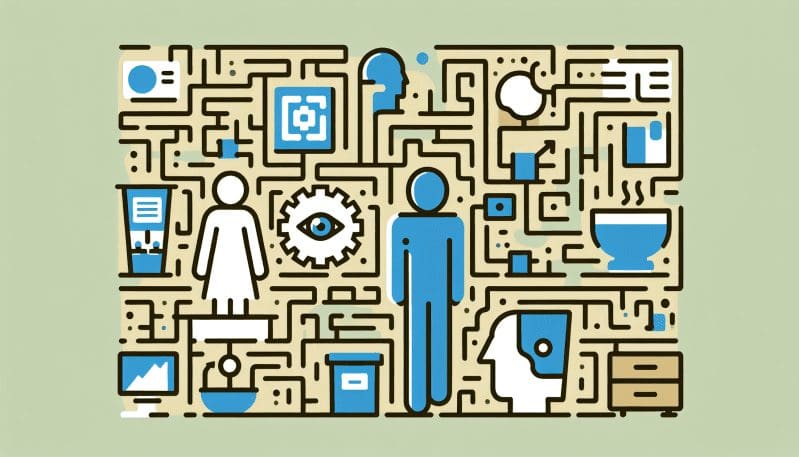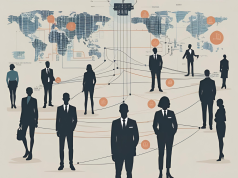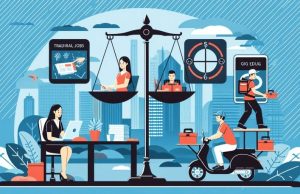As we stride further into the 21st century, our workplaces are becoming canvases for the latest technological advancements. Artificial intelligence (AI) and machine learning (ML) are no longer just buzzwords but active components in the everyday operations of businesses. From manufacturing floors to corporate offices, AI systems offer a promise of increased efficiency, error reduction, and data-driven decision-making. But beneath the sheen of these technological marvels lies a labyrinth of ethical considerations that The Work Times, as a beacon of discourse for work, worker, and workplace, aims to illuminate.
In this digital era, the concept of supervision has transcended human oversight to include AI-based monitoring systems. These AI supervisors, in various capacities, are responsible for tracking performance, ensuring compliance, and even making hiring or firing decisions. This integration raises critical questions about fairness and transparency: Can an AI system truly be impartial? How can employees trust the decisions made by an algorithm they don’t understand?
The psychological impacts of AI supervision cannot be underestimated. Employees are adapting to a reality where their performance is constantly analyzed by an unblinking digital eye. The potential stress and anxiety caused by this relentless monitoring could lead to a new set of workplace mental health concerns. Moreover, the idea of being ‘watched’ by an AI can erode the sense of human connection and community in the workplace.
Privacy stands as one of the most critical concerns. As AI systems collect and process vast amounts of personal data, the line between professional assessment and personal intrusion becomes blurred. The implications for worker privacy are profound, and businesses must navigate these murky waters with a strong moral compass.
The deployment of AI supervisors also stirs a broader debate on employment. Automation has long been feared as a job thief, and as AI takes on supervisory roles, even higher-skilled positions may feel the threat. It is imperative to contemplate the balance between leveraging technology for business gains and preserving the livelihood of human workers.
Moreover, the ethical use of AI in the workplace hinges on accountability. When an AI system guides decisions that affect an employee’s career, clarity on how those decisions are made becomes paramount. Companies must be transparent about the AI’s programming, objectives, and limitations to ensure a fair treatment of all employees.
Legal and ethical frameworks must evolve in step with these technological advancements. Regulations to protect worker rights while considering company interests are necessary to establish a harmonious relationship between AI systems and human staff. Businesses have a responsibility to foster an environment where technology serves to augment human work, not displace it.
Through this exploration, The Work Times invites its readers to engage in a critical examination of the role AI should play in workforce supervision. The dialogue is not just about what AI can do, but what it should do in service of a human-centric work ecosystem. As we navigate this ethical maze together, the guiding principle must be to harmonize the march of progress with our core values as a society.
Let us march forth with vigilance and humanity, for in this balance lies the future of a workplace that respects both the power of technology and the dignity of its human counterparts.

























